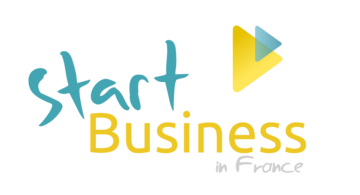Many entrepreneurs have received a tax d’apprentissage bill from OCTA (Organismes Collecteurs de la Taxe d'Apprentissage). Should you be paying this bill and what does it cover?
Tax d’apprentissage is a tax to help finance technological and professional training as well as apprenticeships. Auto-entrepreneurs already pay this tax on a monthly or quarterly basis as part of the Contribution à la Formation Professionnelle (CFP) ranging from 0.1% to 0.3% of their turnover. Auto-entrepreneurs should therefore ignore this bill.
I called OCTA and they confirmed it was sent by mistake and that their system did not make the difference between auto-entrepreneurs and entreprise individuelle under regime reel, which may be liable to this tax.
Taxe d’apprentissage for entreprise individuelle, EIRL, EURL and SARL
Entreprises individuelles under regime reel simplifie, EIRL, EURL and SARL are liable to tax d’apprentissage when they have at least one employee. The apprenticeship tax is assessed on the amount of gross wages paid during a calendar year. The amount considered is the same as that used for the calculation of social contributions.
A portion of the wages paid to apprentices is still exempt. The applicable rate is 0.5%. Taxable wages are rounded to the nearest euro. The payment of Taxe d’Apprentissage must be made before March 1 of each year following the calendar year. Failure to meet deadlines will incur penalty fees.
Taxe d’apprentissage is collected by OCTA, i.e. companies approved by the state to collect and manage the fees. The OCTA recipient of the payment is freely chosen by the company: the organisation may be an association, a group, a federation, a regional chamber.
